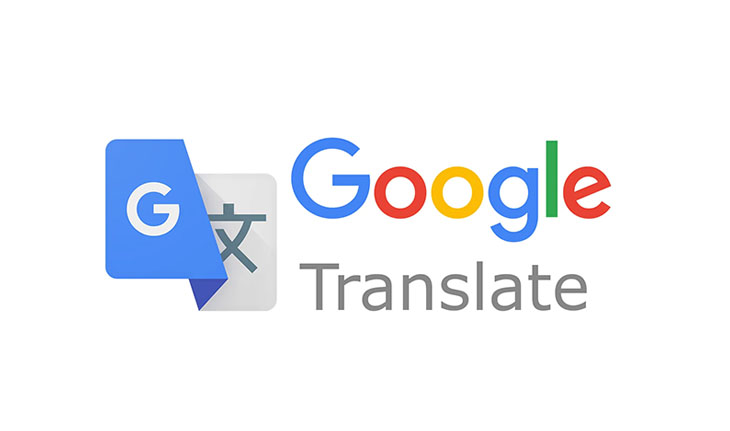Google Translate and a new debate: Is it misogynist?
Inclusive language is undoubtedly one of the issues of the moment in terms of linguistic uses, customs and practices. As we have seen in our article dedicated to this topic, inclusive language questions the generic use of masculine in formal language since it considers that it places man and his position in the world at the center of everything that exists.
This phenomenon, driven especially by feminist movements and LGBT groups, aroused many questions and detractors around them. Now, it is the turn of Google Translate.
Here is everything there is to know about this new debate.
Is Google Translate macho?
Spanish or Castilian, like the English language and most of the world’s languages, use feminine and masculine personal pronouns. However, there are also many other languages that have neutral pronouns, that is, they do not distinguish between the different genders. Some of these languages are Euskera (Basque Country), Bulgarian (Bulgaria) and Hungarian (Hungary).
It is precisely these languages that do not make differences or that use neutral gender that generated an unexpected debate around the Google Translate algorithm. Recently, users from different countries discovered that Google Translate assigns the male or female gender to the subject of a sentence depending on the content of the sentence. According to these virtual complaints, this tool would have a macho bias due to the way it decodes – and consequently, translates – their texts.
A clear example of this is a post by a user on Reddit in which he analyzes what the Google Translate responses are when passing certain phrases from Hungarian to English:
• Ő szép / She is beautiful
• Ő okos / He is clever
• Ő olvas / He reads
• Ő mosogat / She washes the dishes
• Ő tanít / He teaches
• Ő főz / She cooks
In these and many other cases, the digital platform seems to fall into the typical historical gender stereotypes that are being eradicated around the world. Thus, the feminine pronoun she is attributed to actions related to the world of beauty, upbringing and housework. Instead, the masculine pronoun he was applied for intellectual and professional actions related to the academic and work environment.
Euskera: The case of the Basque language
Along with the Castilian language, Euskera is the official language of the Basque Country, a Spanish autonomous community considered a historical nationality. Euserka is the oldest language in Europe still spoken today and the only isolated one on the continent, therefore, the Basque Country has always been a case of interest for linguists, anthropologists and historians. This language, as we have seen, does not distinguish between genders.
Although in the cases analyzed with Google Translate this “sexist bias” reported on the Internet is less evident than in the translations from Hungarian, there are also some problems around the interpretations of Basque. Here are some examples:
• Gidatzen du: Although in Basque it means he / she drives, Google Translate presents the alternative in masculine as equivalent.
• Josten du: Although in Basque it means he / she sews, the opposite happens than in the previous example and Google Translate gives a result with the subject in feminine.
Our conclusion on the debate
Although no conclusion has yet been reached on this specific debate, the truth is that this questioning places another relevant question at the center of the problem: no online translator will ever be able to supplant the work of a professional translator. As useful as these tools are to understand or broadly interpret a text, the errors they have widely transcend the question of genres, which is not a minor detail either.
Worldly Translations is a translation agency with more than a decade of experience, so we know how to respond efficiently and personally to the needs of each of our clients. We have specialized translators in all disciplines, so we assign each job to the most appropriate person.
If you are looking for quality translations, contact us.



